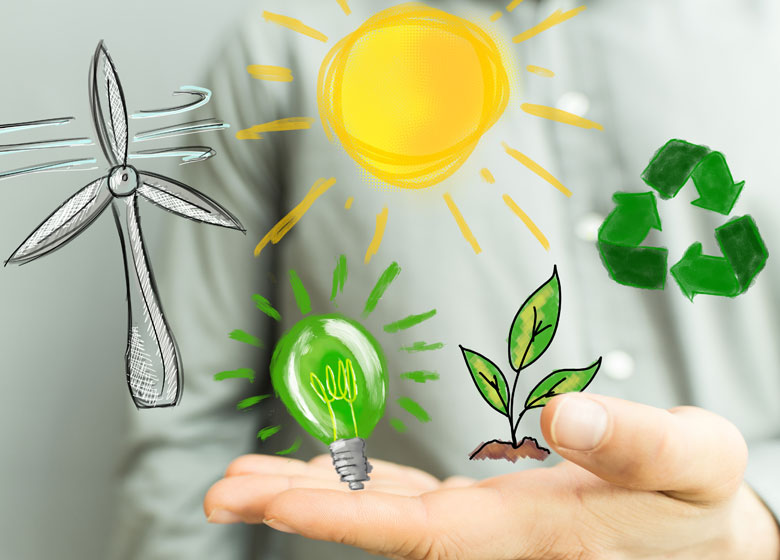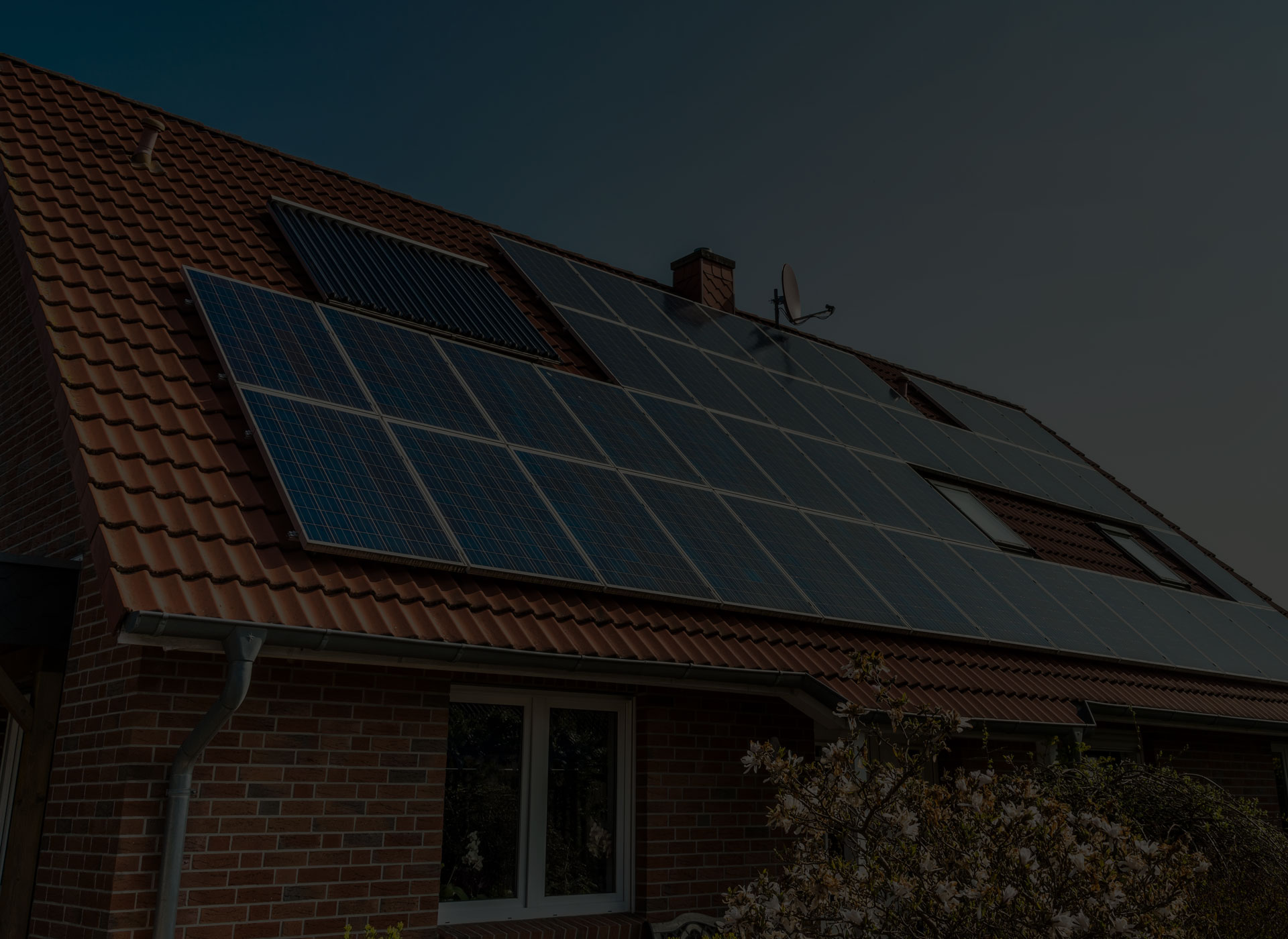The principles of ecology
Ecology is based on disciplines such as genetics, ethology, geology and climatology. For ecology is a holistic science that is concerned not only with the interactions between the elements of a system, but also with the evolution of these interactions as a result of changes in their environment.
Why is environmental protection important?
Ecosystem
More than 15,000 species are currently threatened because of ecosystem degradation, especially polar bears.
New technologies are the main causes of the degradation of terrestrial ecosystems, for example in planting, farmers currently use chemicals that contribute to the deterioration of pollution. Several occupational activities are also factors in the deterioration of biodiversity and ecosystems. On the other hand, climbing must develop our ecological awareness, it allows us to live adventures in the wilderness. Visit dauphinenature.fr and discover everything you need to know to climb a cliff or a mountain, you may find more details on energy-source.info.

Why is environmental protection important?

The interdependence between agriculture and the environment
It is essential to protect the environment because it represents the whole of several living beings such as animals and plants. The future of humanity depends on the environment.
Protecting the environment also means protecting health. Many laboratories specialising in the production of medicines derived from plant or animal active ingredients really need biodiversity. Essential oils and natural products are more effective and have no side effects.
The environment also contains most of the food, especially the drinking water that man needs. However, human activities are the main sources of water and vegetation pollution. It is essential to preserve especially the air for breathing.
The different types of renewable energy
There are five types of renewable energy: solar, wind, hydro, geothermal and biomass. Solar energy comes from the sun, the wind turbine works with the force of the wind, hydraulics or hydroelectricity, geothermal energy from the earth’s core and biomass, anything that is wood, organic waste…



The various advantages of renewable energy
We all have hard about renewable energies but do you really know what are the renewable energies ? Solar energy, wind turbines, hydroelectric dams or renewable gases such as biomethane... There are now many ways to make energy from "renewable" sources.
Nevertheless, many citizens still have questions about these energies: what is their interest, what are they really used for, what are their ecological or economic advantages.
Choose renewable energies: think of an ecological house, use energy-saving light bulbs, buy household appliances that have the same energy class as your appliance, the installation of water recuperation systems are also very beneficial and economical.
Ecology & the environment
Sustainable development
Waste recycling
Green energy is very advantageous and cheaper. Above all, it protects the environment.

Importance of waste recycling
Recycling waste makes it possible to avoid waste, to gain more natural resources and above all to preserve the environment.

The advantages of solar
panels
The energy from the sun is free and unlimited. The solar panel is a better alternative for the protection of the environment. Find more about it!

Avoiding global warming
To avoid global warming, it is necessary to change the means of transport by adopting the bicycle or ecological vehicles, products containing less packaging .
Pillars of sustainable development
The three foundations of sustainable development are: the environmental dimension, the social dimension and the economic dimension.Environmental issues :
Soil pollution
Chemical fertilizers and pesticides destroy the soil.

Air Pollution

Water pollution
Nuclear accidents
Building an ecological house
Green homes are highly valued for their energy, environmental and economic benefits. This type of housing is also healthy for its inhabitants.
An ecological house is comfortable; it provides hygrothermal, visual, sound and olfactory comfort. Building an eco-friendly house allows you to save water and electricity and reduce your bills. In addition, owners of a green house can benefit from financial incentives and subsidies.
A low-energy house is a practical solution for good health, it is equipped with good ventilation and air renewal. The various construction techniques of an ecological house respect the environment and health.